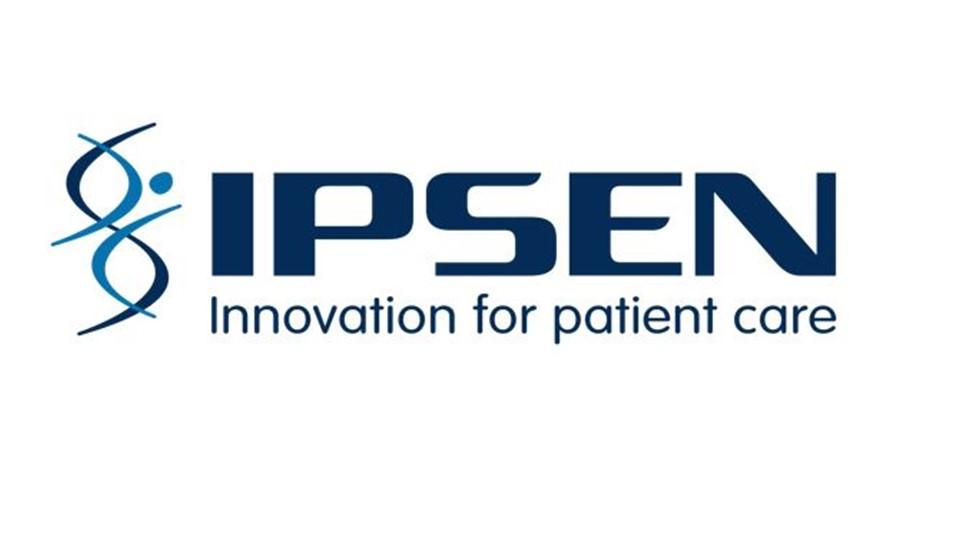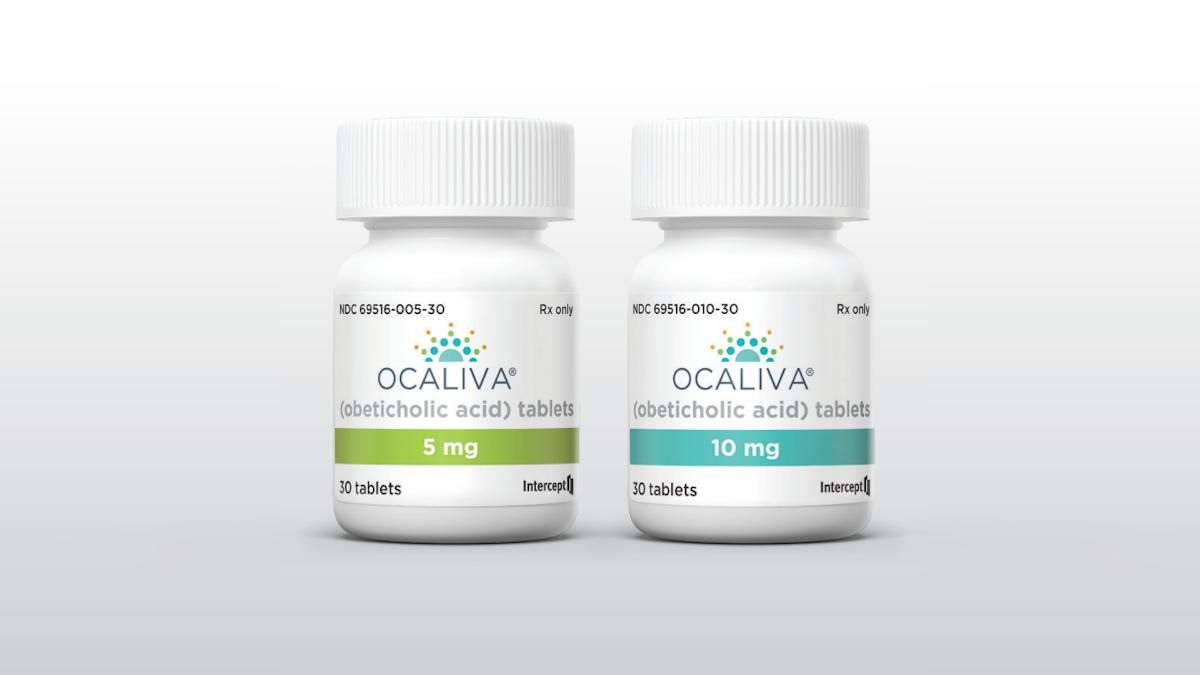Ipsen/Genfit eye June FDA verdict for liver drug elafibranor

The FDA has kicked off a priority review of Genfit and Ipsen’s elafibranor as a treatment for rare cholestatic liver disease primary biliary cholangitis (PBC), setting a date of 10th June to deliver a decision.
The dual PPAR alpha/delta agonist is vying to become the first novel second-line therapy for PBC – a chronic, autoimmune disease in which bile ducts in the liver are gradually destroyed, causing cirrhosis – to reach the market in nearly a decade. It has also been filed and is under review in the EU and GB.
Elafibranor was originally developed as a treatment for non-alcoholic steatohepatitis (NASH), a much larger population than PBC, but was abandoned in 2020 after disappointing results in phase 3.
Ipsen grabbed rights to the drug the following year in return for an upfront cash payment of €120 million and up to €360 million in potential milestones after a phase 2 study showed potential as a treatment for PBC, which mainly affects women and manifests in middle age. Untreated, PBC can lead to liver failure, or in some cases death.
Earlier this year, Ipsen and Genfit reported the results of the phase 3 ELATIVE trial, which enrolled PBC patients with an inadequate response or intolerance to the current standard of care therapy, ursodeoxycholic acid (UDCA).
The trial met its primary composite endpoint, with 51% of patients on an 80 mg dose of elafibranor achieving a cholestasis response, measured using biomarkers of liver disease progression, compared with 4% of those taking placebo.
The drug was also able to achieve a trend towards a reduction in pruritus (severe itching), which is considered to be one of the most debilitating symptoms of PBC, although, that did not reach statistical significance compared to placebo.
“We are delighted to have achieved simultaneous filings for elafibranor, which is in line with our ambition to be able to bring a new and much-needed medicine to as many people living with PBC as rapidly as possible,” said Christelle Huguet, Ipsen’s head of R&D.
Genfit has previously predicted that, while PBC is a much smaller indication than NASH, affecting around 1 in 1,000 people over the age of 40, it is a well-defined indication that could represent a market worth $1.5 billion in 2035, with elafibranor capable of claiming a third of that total.
It is facing some competition, including from Intercept Pharma’s FXR agonist Ocaliva (obeticholic acid or OCA) – another NASH failure – which reported sales of $84 million in the second quarter of this year, shortly before Intercept was acquired by privately-held drugmaker Alfasigma.
Last month, Intercept reported the results of a phase 2 trial investigating the combination of a low dose of OCA with bezafibrate in PBC, which it said supported moving the regimen into phase 3 testing.
Other PBC candidates coming through the collective industry pipeline include CymaBay’s seladelpar and Zydus Cadila’s saroglitazar – both PPAR agonists – as well as Calliditas’ NOX 1 and 4 inhibitor setanaxib.













